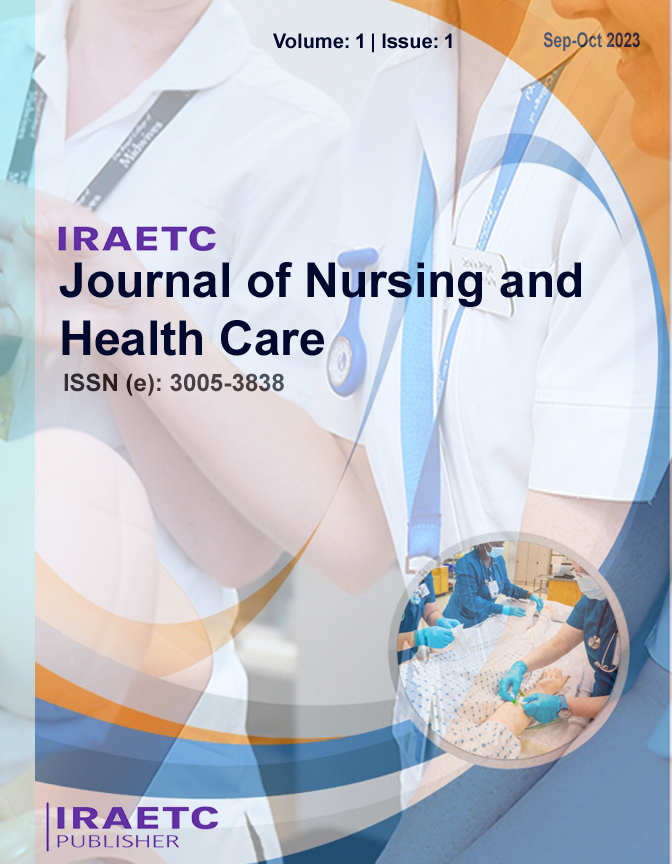Educational Program to Improve Health Indices Among Adult Patients with Myocardial Infarction: Evidence-Based Nursing

| Educational Program to Improve Health Indices Among Adult Patients with Myocardial Infarction: Evidence-Based Nursing |
| Suma Rani Datta, Wimolrat Puwarawuttipanit, Orapan Thosingha, Md. Shahid Uddin |
| https://doi.org/10.62469/ijnhc.v02i03.001 |
| Pdf Download |
